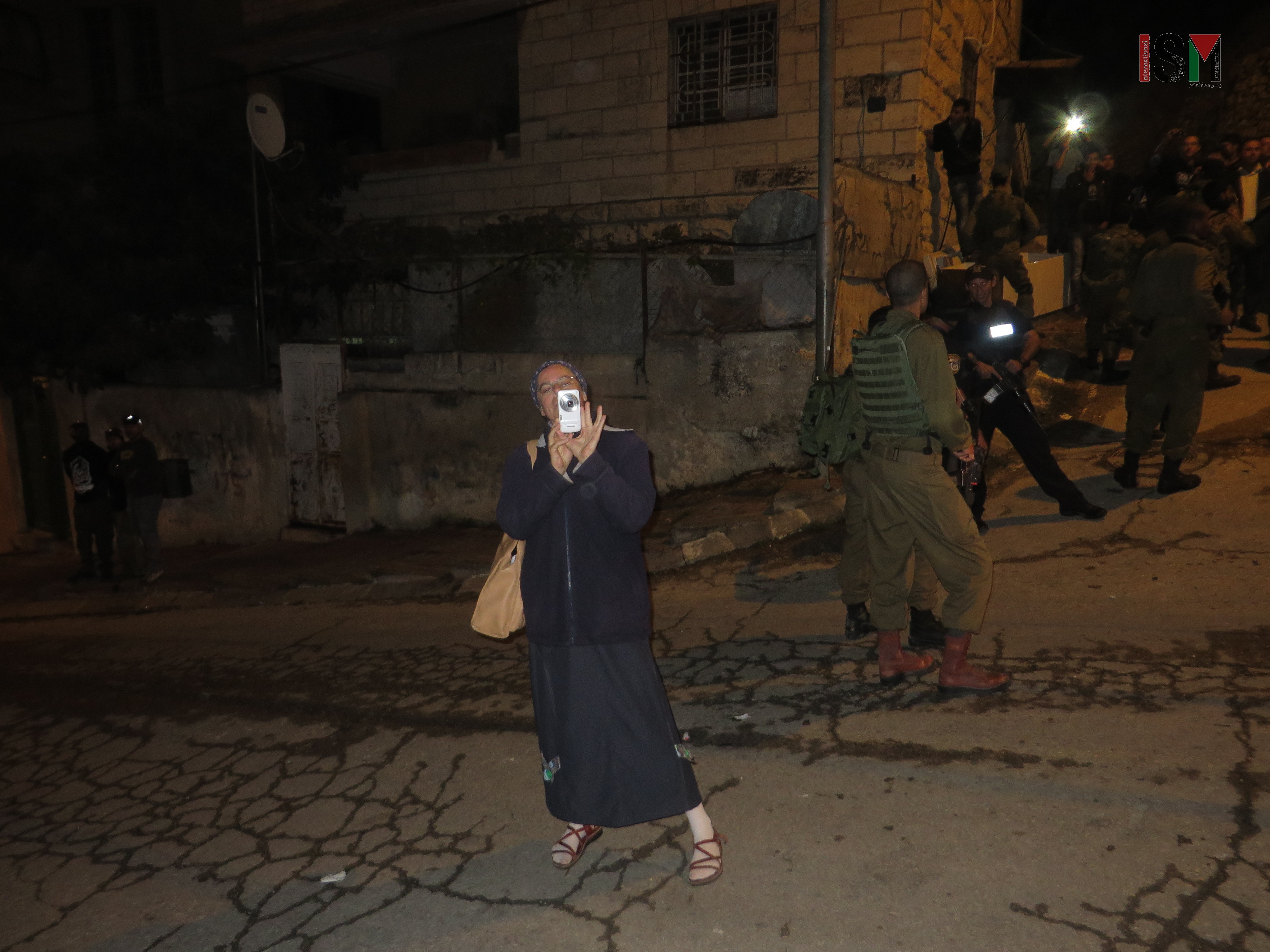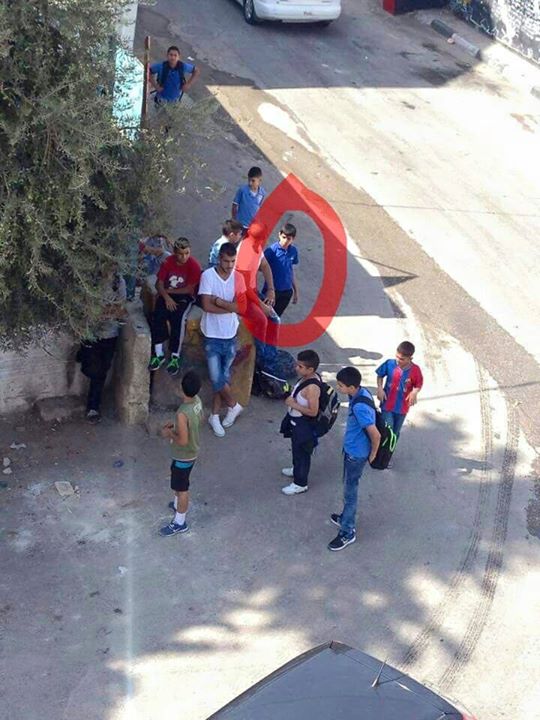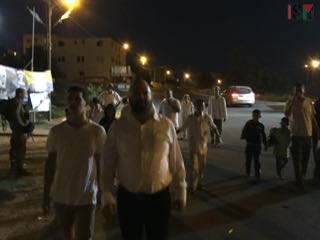Tag: Settlement
-
Settlers march through occupied al-Khalil attacking, insulting and threatening Palestinians and internationals
7th October 2015 | International Solidarity Movement, Al-Khalil team | Hebron, occupied Palestine Yesterday night, October 7th 2015, a large group of settlers harassed, insulted and physically assaulted Palestinian residents and internationals in the Tel Rumeida neighbourhood of occupied al-Khalil (Hebron), injuring several. Around 08:00 pm, more than 50 settlers from the illegal settlements within…
-
12 year old Palestinian killed in Bethlehem as violence explodes across the West Bank
5th October 2015 | International Solidarity Movement, Al-Khalil team | West Bank, occupied Palestine Abed al-Rahman Shadi Obeidallah, 12 was still in his school uniform when he was rushed in a civilian car to Beit Jala hospital from Aida refugee camp in Bethlehem today. The boy, from from a Al Kahder village, was shot in the…
-
Settlers continuously trespass on private Palestinian land with police protection
3rd October 2015 | International Solidarity Movement, Al-Khalil team | Hebron, occupied Palestine Last night, a group of about two dozen Israeli settlers trespassed on private Palestinian land in al-Khalil (Hebron), protected by the Israeli police. Firday evenening, a group of about two dozen settlers from the illegal settlement of Kiryat Arba again came to…



